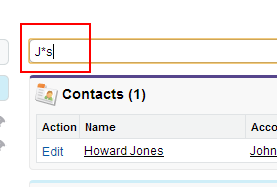

This will capture education, educational, etc. Search for all variation of the root "educat" at once. Replace one or more characters with any letter. Group two or more keywords or phrases together.Įxample: "mental health" AND (teenager OR youth) If you enter the keyword cable, IEEE Xplore matches cabled but not cabling, because there is no e to match. Wildcard matching must match all characters explicitly specified. You can use wildcards with any Boolean operator, including proximity operators NEAR and ONEAR. Search for a phrase (two or more words together) in the order you put them. You can use wildcards in a full-text search. Some search engines have more advanced options, known as "search syntax." Some common syntax options are: Quotations Use NOT to exclude results that contain a term. Use OR when you want at least one of your search terms to appear in your search results.Įxample: students OR young people OR adolescentĭrastically limits your search results. Use AND when you want search results to include all of your keywords.Įxpands and connects similar concepts.

Here is an example of identifying keywords in a research question from the social sciences: Modify or adjust your inquiry as you learn more about your topic and status of the scholarly conversation.Find relevant information quickly from a broad range of sources.While some research tools have started adding natural language or semantic search capabilities, many have not. Boolean searches specify what you want to find and whether to make it more specific (using AND) or less specific (using OR).
GOOGLE BOOLEAN SEARCH WILDCARD HOW TO
Many of us are used to searching using what’s called "natural language" to find what we’re looking for on places like Google, Facebook, or Amazon. This article explains how to perform a Boolean search in Google. To create a search query that tools like JSTOR, PubMed, or IEEExplore can understand, you will need to use keywords.


 0 kommentar(er)
0 kommentar(er)
